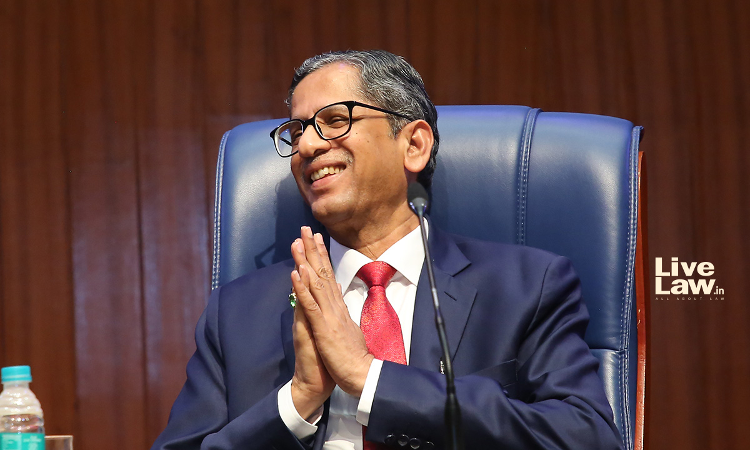I've Faith That My Successors Will Take Supreme Court To New Heights: Former CJI NV Ramana
Padmakshi Sharma
4 Sept 2022 9:44 PM IST

Next Story
4 Sept 2022 9:44 PM IST
Former Chief Justice of India, N.V. Ramana, on 4 September, 2022, conferred the Capital Foundation Life Time Achievement Award to Odisha Chief Minister Naveen Patnaik. On the occasion, he also delivered the Annual Lecture of the Capital Foundation Society titled "My Experiences in the Indian Judiciary" at the India International Centre Auditorium, New Delhi.I commend my predecessors for...
